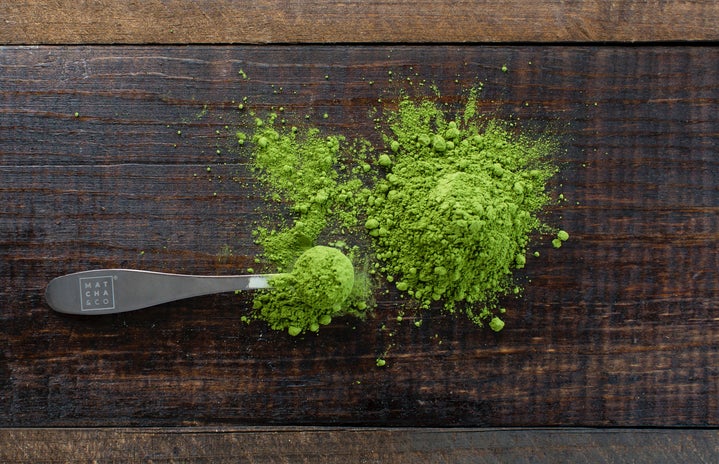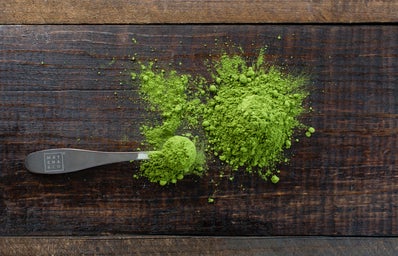Ever since high school I have had coffee pretty much everyday. Growing up in New England it is hard not to be tempted to stop for coffee while driving past endless Dunkin Donuts at any time of the day. I have taken short breaks from coffee or tried not to have it everyday, but I have never completely stopped. Coffee was a solution to many of my problems like the midday slump or not getting enough sleep the night before. It was also a good emotional pick me up or a way to simply get out of the house during the pandemic.

Coffee never gave me any problems until probably about a few months ago. I started experiencing anxiety and the shakes after having a cup of coffee. The first few times it happened I didn’t think that the coffee could be causing this, but a friend told me she avoided coffee because she experienced similar side effects. So a few days after that I stopped drinking coffee, and the anxiety didn’t show back up during my break from coffee. The coffee jitters were gone, but I found myself missing the energy and enjoyment I got from having my daily coffee. I had only had matcha a handful of times and I was never a huge fan of it, but I would constantly see the green drink on my Instagram feed. Many people praise matcha and its many benefits, and I figured I would give it another shot and hopefully it could replace my love for coffee.
I started getting an iced matcha latte from a local cafe, Share, and it began to grow on me. I noticed that I didn’t feel a crash after a few hours of drinking it like I often did with coffee. Matcha also never gives me any anxiety, but instead leaves me feeling energized and refreshed. Plus, it never left a bitter taste in my mouth and coffee breath was a thing of the past. One cup of matcha is loaded with insane amounts of antioxidants, making the drink super healthy for you. Matcha has also been known to boost your metabolism, detoxify your body, enhance mood, improve skin, and manage stress. An important component in matcha is L-theanine, an amino acid, which is responsible for slowing the release of caffeine and the calming effects of matcha. L-theanine explains why matcha is able to give you a boost of energy, but not give you the same jittery feeling as coffee. Matcha offers a more natural high and produces a state of relaxed alertness.
Sadly choosing matcha over coffee does not save you any many, so I knew I had to learn how to make matcha at home. It was definitely a hard process to master, but I think I can now say I perfected the recipe of an iced matcha that you can make from your dorm room. I have found that the key to getting a matcha free of any clumps is a bamboo whisk (chasen). The special whisk is made especially for preparing matcha and also froths up the drink. After I use the whisk I pour the matcha over ice and then add oat milk to top it off. I also love to add some honey or cinnamon for some sweetness. Frothing your milk before adding it to your matcha is another great way to upgrade your matcha if you have a frother at home.

I can now say I don’t crave a coffee in the morning, and find myself reaching for a matcha instead. It has helped me feel a lot better, and I love making them each morning. I hope you will give matcha a try if you haven’t already!



